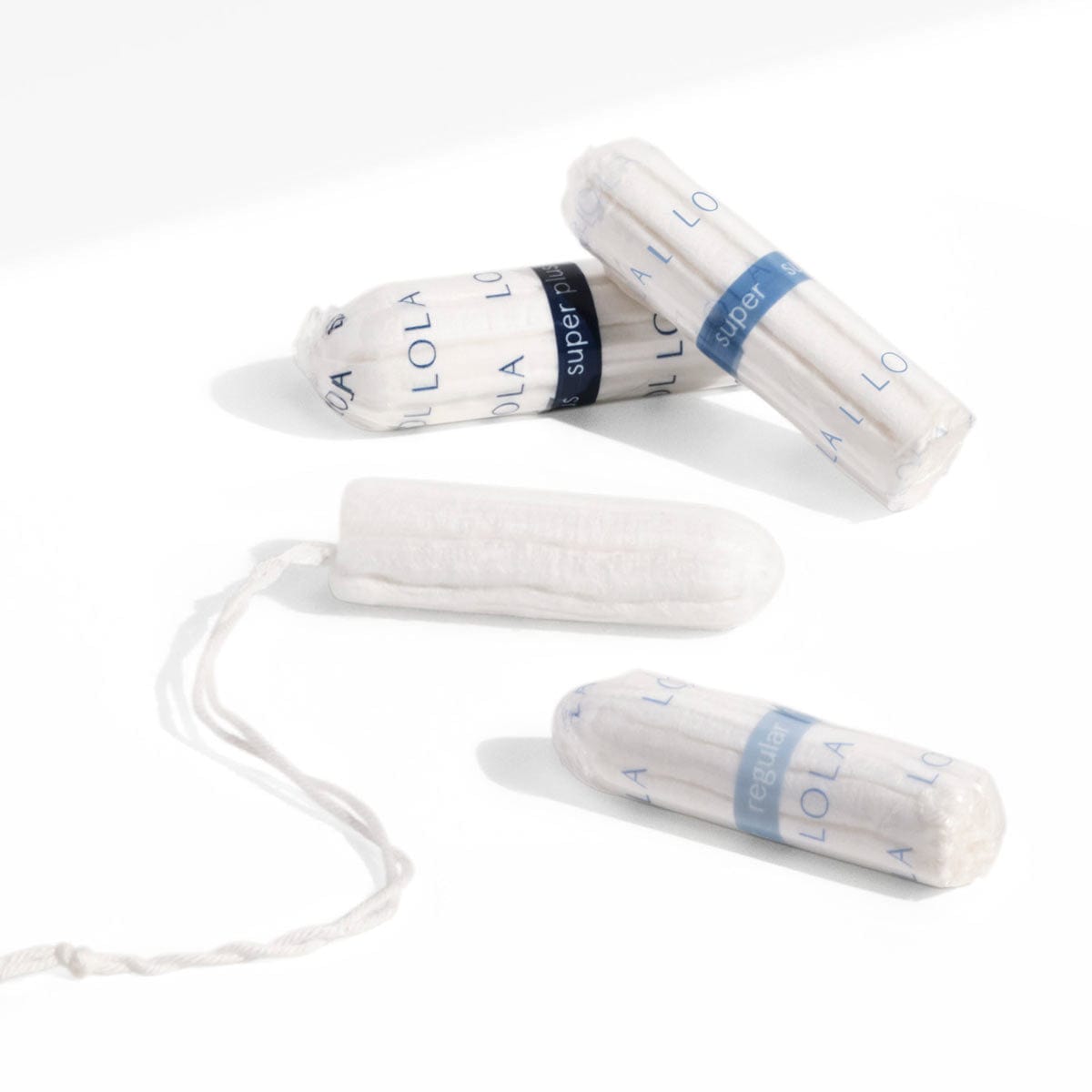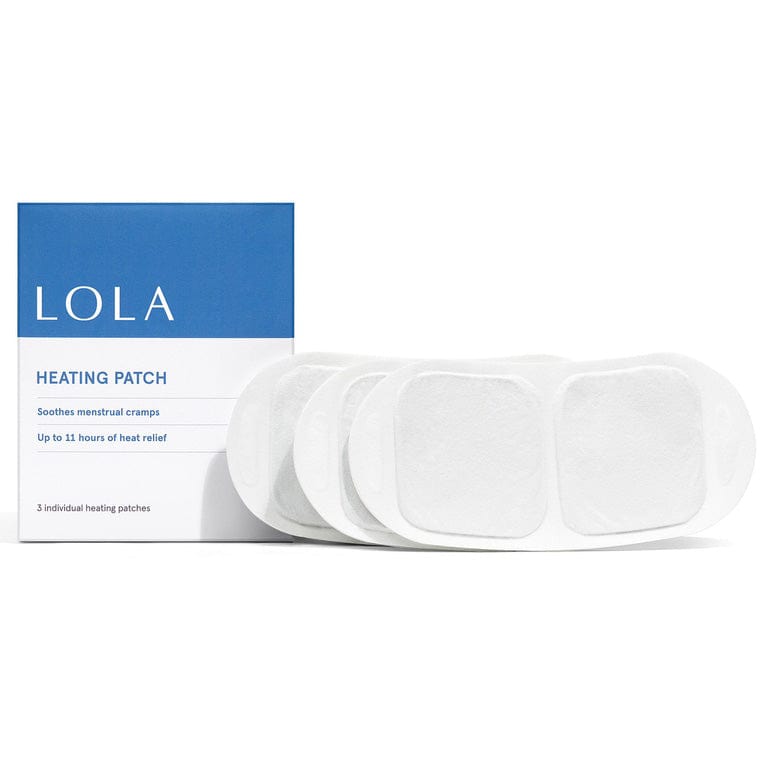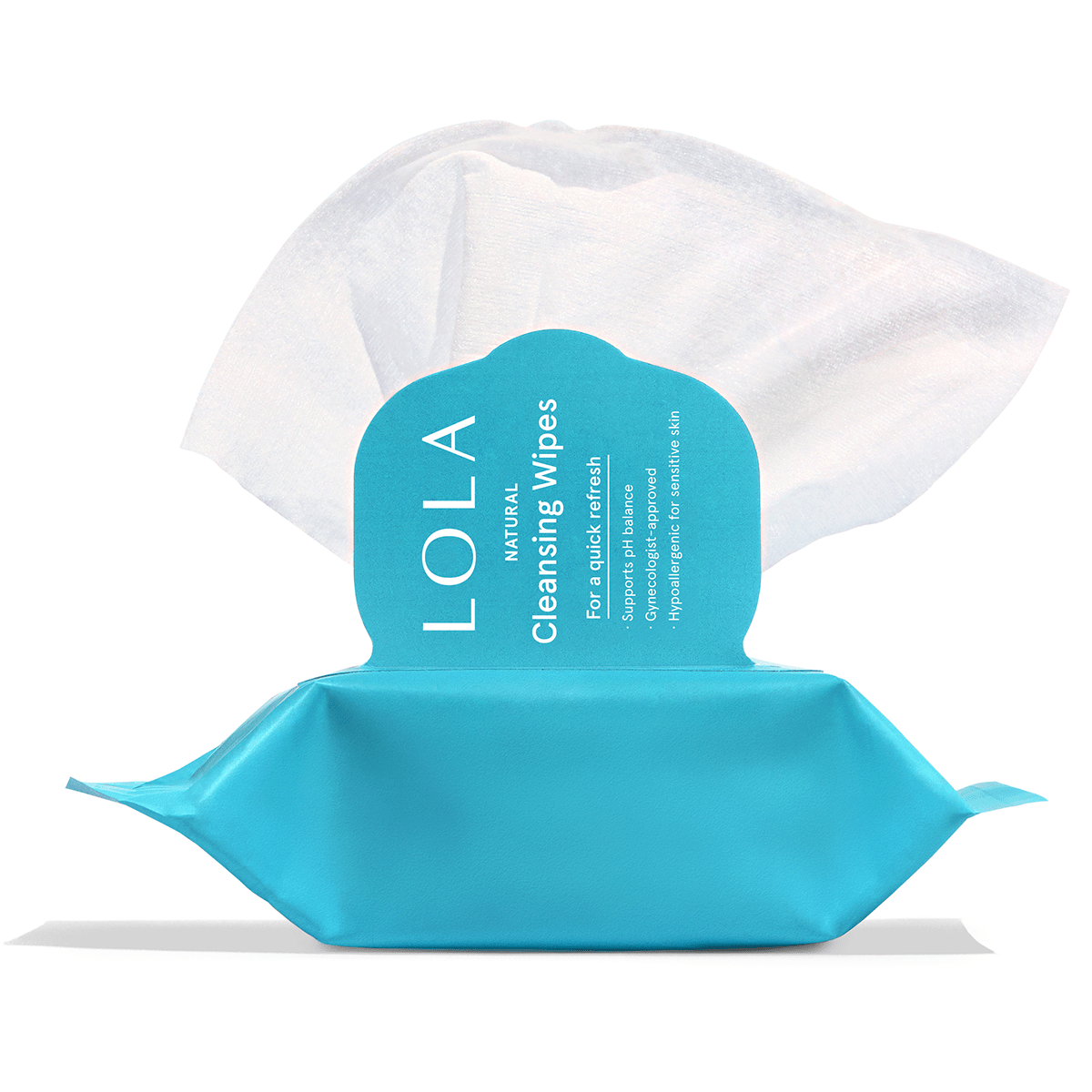You may have heard the buzz around human flora in recent years particularly gut flora, which refers to the trillions of microorganisms that live in the human digestive tract. If this is your first time hearing about gut flora this may be disconcerting news, particularly as we emerge from a year spent bathing in hand sanitizer. But these microorganisms are actually critical to our health, influencing everything that happens in our bodies. And our digestive tract isn't the only place playing host to such a nifty little ecosystem. Your body has various flora, including your skin, your mouth and even your vagina.
Vaginal flora: a brief explainer
Record scratch. Back up. Did we just say your vagina is home to a bunch of tiny living creatures? That deserves more explanation.
Your vaginal flora (also known as your vaginal microbiome) is a term for all of the microscopic communities of bacteria that live inside your vagina. The majority of that bacteria is Lactobacillus, and it plays an important role in your overall vaginal health. Lactobacilli prevent infection, help protect the body from other types of bacteria that could be harmful, and promote balance,1 to name a few benefits.
"The vaginal flora, also known as the vaginal microbiome, is the collective term for the colonies of bacteria that live inside the vagina. A healthy, balanced flora is incredibly important for vaginal health, as it's our vagina's defense against bacterial and fungal infections."
Dr. Navya Mysore, PCP and LOLA Collective member
Similar to gut flora, your vaginal flora is an indicator of your overall vaginal health, and when that flora is out of balance, it can lead to infections. "Our flora can become unbalanced for a number of reasons like internal vaginal washing, antibiotics, and stress," says Dr. Mysore. "In all of these cases we are removing good bacteria that is part of the vagina and making space for bad bacteria and yeast to take residence." An off-kilter flora doesn't always present itself as physical symptoms, however. Likewise, not every unusual vaginal symptom is caused by the health of your flora.
So since you can't see your vaginal flora, and you can't always physically tell if it's off balance, how do you know if it's healthy or not? The answer to this question is a lot like Kourtney Kardashian and Scott Disick's relationship: complicated.
What is considered normal vaginal flora?
We're not the only ones unsure as to what constitutes a "normal" or healthy vaginal flora. Scientists and doctors have been debating this very topic for years. A late 90s study of the composition of vaginal flora in 26 healthy subjects found that only four did not have bacterial vaginosis at some point over an 8 week span. The findings "raise[d] doubts about what should be regarded as normal vaginal flora".2 A 2011 paper summarized new information from vaginal microbiome studies that "may change the way we define vaginal flora".3 And an article published in 2017 summarized how the vaginal microbiome can be influenced by everything from individual factors, like diet and genetics, to societal factors, like racism and social policies.4
"It's hard to say what's normal and what's not normal, partly because there are so many factors that can make up your healthy flora. This includes genetics, diet, lifestyle, stress levels, medications and other health issues."
Dr. Mysore
In short, it might be awhile before scientific and medical communities define exactly what a normal vaginal flora is, if ever. Meanwhile, there are some things we can all do to benefit our flora.
How to keep your vaginal flora healthy
Maintaining a balanced vaginal flora might sound kind of intimidating at first. After all, how are you supposed to know if you're doing a good job taking care of something so complex, necessary to your overall well-being, and invisible? Luckily, it boils down to good lifestyle choices that you can easily create new habits around, if you're not making them already. Here are some key ways to help keep your vaginal flora happy and balanced:
Use a condom while having sex
Yes, condoms protect against STDs, STIs and unwanted pregnancy. But they can also help prevent changes in your vaginal environment. Unprotected penetrative sex can introduce new bacteria to your vagina and throw off your vaginal pH " both of which can lead to infections. Need more convincing? According to the Office on Women's Health, condoms are the best way prevent bacterial vaginosis " one of the most common types of vaginal infections" during sex.5
and pee afterwards
Going to the bathroom immediately after sex may not be top-of-mind in the moment, but it's an important step to include in your postcoital routine. "When we urinate after sex we expel potential bad bacteria that can reside in our internal vaginal area," says Dr. Mysore. "We also reduce our chance of developing a urinary tract infection (UTI), which would eventually require antibiotics, thus affecting our flora."
Don't wash your internal female anatomy
Cleansing your external female genitalia (also known as the vulva) is a healthy personal hygiene habit that you can do on the daily. But you should never " and we mean never " cleanse inside your vagina. That's because your vagina (the canal that extends from your cervix to your vaginal opening) is actually a self-cleaning organ. As Dr. Mysore pointed out earlier, internal cleansing like douching and steaming can remove the good bacteria that lives in your vagina, throwing your flora off balance and making room for bad bacteria.
Try a probiotic supplement
Probiotics is another term you've likely heard in recent years, that's most commonly associated with better gut health. But the benefits of probiotics extend to your body's other flora as well to support digestive, vaginal, and urinary tract health. "Probiotics are a great way to introduce good bacteria " namely lactobacilli " for someone who may have lower levels of good bacteria and are potentially having recurrent infections like bacterial vaginosis," explains Dr. Mysore. "The thought is that, by having higher levels of good bacteria, you can prevent overgrowth of the bad bacteria."
See your healthcare provider regularly
As if you needed another reason to see your PCP/OBGYN regularly. Your preventive care appointments (including your annual check-up and well-woman visit) are the perfect time to talk to your doctor about your vaginal health. "Our vaginal flora is one window into our general health," says Dr. Mysore. "It's so important to establish care with a healthcare provider you can speak to and trust. An annual exam is a great check-in, to not only make sure nothing is off, but to make sure you are taking care of yourself and are living a generally healthy lifestyle."
Of course, cautions Dr. Mysore, don't wait until your next appointment if something feels off. "Most patients typically know what normal vaginal health means for them " how they feel, how much vaginal discharge they produce, what their normal odor is. If something changes from this baseline, it's a good sign that your flora may be off and talking to your healthcare provider is a good idea."
References
- https://obgyn.onlinelibrary.wiley.com/doi/abs/10.1111/1471-0528.14390
- https://www.ncbi.nlm.nih.gov/pmc/articles/PMC1195755/
- https://obgyn.onlinelibrary.wiley.com/doi/full/10.1111/j.1471-0528.2010.02840.x
- https://www.ncbi.nlm.nih.gov/pmc/articles/PMC6743080/
- https://www.womenshealth.gov/files/documents/fact-sheet-bacterial-vaginosis.pdf













